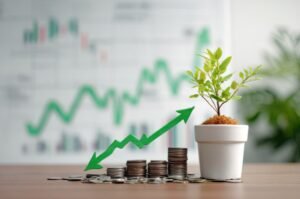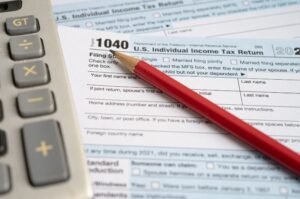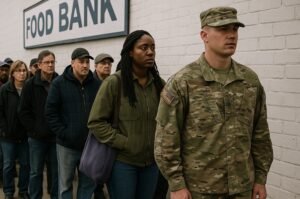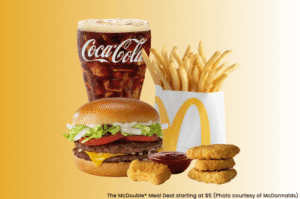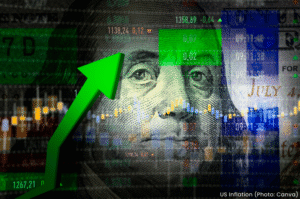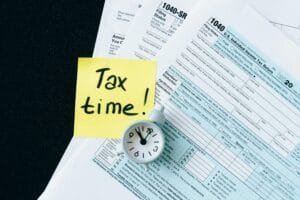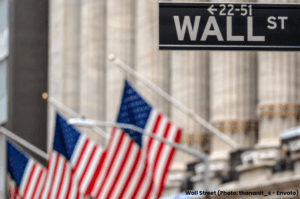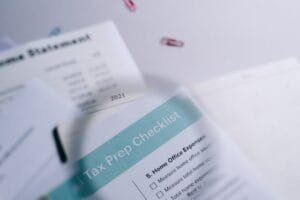The Numbers Look Fine. Life Doesn’t.
The headlines say the economy is bouncing back. Unemployment is low. The stock market is up. Big tech is hiring again, and GDP growth looks stable.
But ask anyone who’s tried to rent an apartment, buy groceries, or cover a medical bill lately, and you’ll hear a different story — one filled with shrinking budgets, rising anxiety, and the quiet feeling that the so-called “recovery” may be leaving real people behind.
What the Data Doesn’t Say
- Inflation “slowed” — but prices never reset. Eggs aren’t $9 anymore, but they’re not $2 either. For many households, this is the new expensive normal.
- Wages are up — but so is everything else. While paychecks have grown in some sectors, housing costs, car insurance, childcare, and utilities have surged.
- Jobs are back — but they’re not the same. Many laid-off workers found jobs again… with lower pay, fewer benefits, or hybrid hours that stretch both time and wallet.
The Psychological Gap
Experts call it “vibecession” — the idea that people feel like the economy is still in trouble, even when the data looks stable.
And it’s not just vibes. Credit card debt is at a record high. Savings accounts are shrinking. Renters are struggling to keep up. And while headlines focus on job growth, fewer jobs come with long-term security.
“People aren’t just broke,” one social worker told Readovia. “They’re burned out — switching between apps just to track bills and splitting payments just to stay afloat. Every week feels like financial warfare.”
Where It’s Hitting Hardest
- Young families facing daycare closures and rising food costs
- Renters navigating price hikes in cities and suburbs alike
- Boomer caregivers supporting both aging parents and adult children
- Freelancers and remote workers facing quiet layoffs and vanishing contracts
- Job seekers overwhelmed by a crowded, competitive market where dozens of applicants compete for every listing — and AI filters screen them out before a human ever looks
The Whole Matter
The economy may be “recovering” — but for millions of Americans, it doesn’t feel like relief. It feels like they’re still waiting to exhale. Until real recovery reaches rent, food, and basic security, the numbers alone won’t tell the full story.
The Author

Aiden West
Staff Writer, Readovia









